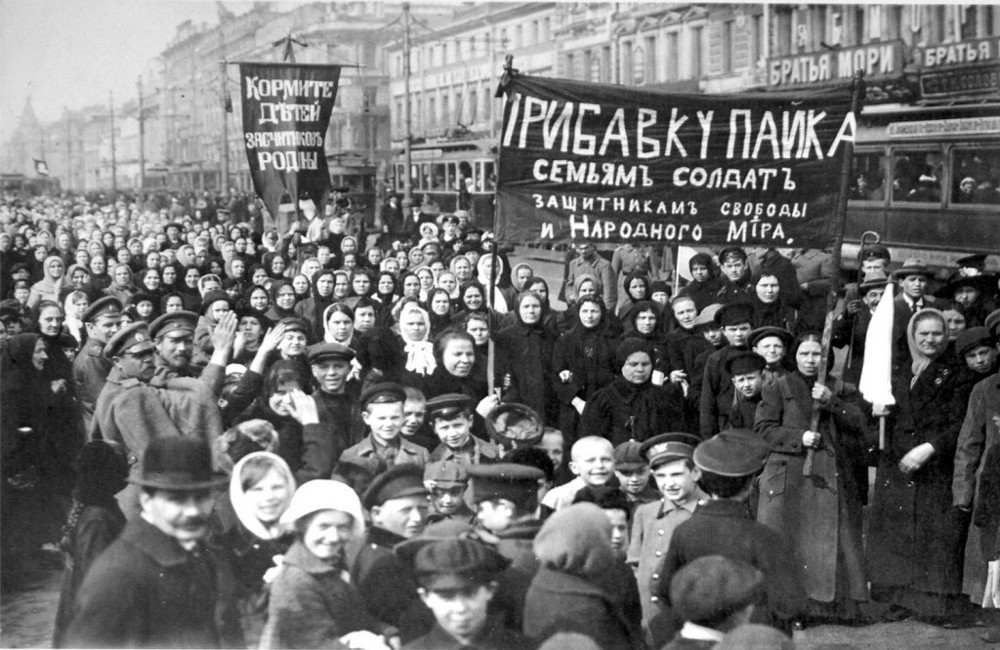The October Revolution of 1917 was the most influential political event of the twentieth century, but not many people are aware of the fact that this revolution was just the beginning to the challenge that was posed to capitalism and swept the industrial world completely with loud echoes in the colonial countries as well. Between the years of 1918 and 1921, the union membership had lost the strikes everywhere reaching to new heights. On the other hand, the ranks of the revolutionary wing of the socialists’ movement swelled on all grounds.
While going by the abstracts that Orlando Figes has scripted in his several books published, one can understand that the revolutions where the working class was the driving force occurred in countries like Germany, Austria, Hungary, and Finland. In fact, some of the great leaders have even been found to say that the entire Europe was in a revolutionary mood. The deep feeling of dissatisfaction among the workers has raged it, and it is the hearts filled with anger and indignation that raises the mercury within the countries.
Russia was known to have two revolutions in 1917, one in February, and the other in October. While they were more intended towards overthrowing the monarchy and the totalitarian regime that it forced upon, there wasn’t any intention of the popular masses to challenge the capitalism. This actually brought forth the picture of why the liberals were allowed to form the provisional Government. Several socialist parties, including a great portion of the Bolsheviks, had their inclination for the liberal government, and Lenin’s return to Russia was a big catalytic event for the party to turn around.
While going through the events and outcomes of this, most of the experts in the field like that of Orlando Figes, have actually identified why it was so easy for Lenin to do so. The only reason he could complete it so quickly was the overwhelming working class of the party who gave day in and day out to work for the party and the mid-level leadership who acted as the strongest knots to keep the entire party stranded together. They have even identified that the well affluent class was a big hindrance in the way of democracy being established, and they supported the Russian imperialism with full force. Going by this view, which the Bolsheviks have already disregarded in the early euphoric days, the entire Russian revolution could only find some bright light of success if it was led by a Government that was formed by workers and peasants who were completely against the affluent class.
Even after a century, it gets really tough for the experts to draw some balance sheet and justify whether the Revolution of October 1927 was needed at all or not. But there has been some deep impact in the culture for sure, and it is being rightly put up in the famous book by Orlando Figes, A People’s Tragedy- the Russian Revolution 1891-1924. These pieces have been a marker which rightly points out how one single revolution brings in a huge change in the entire communal space.
